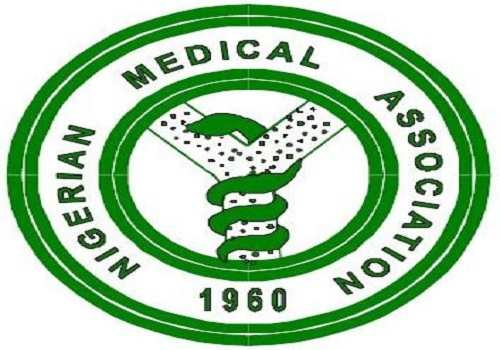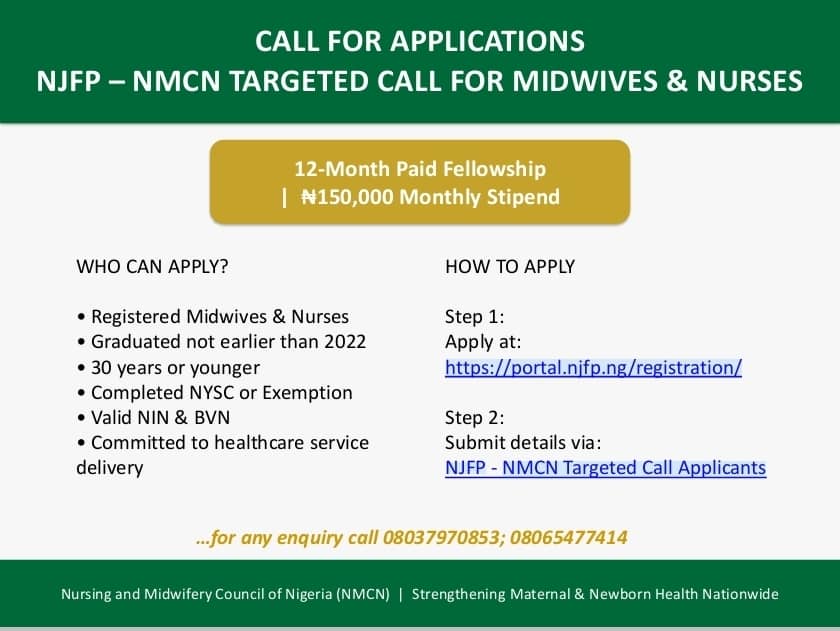It is a great pleasure for me to be here today to witness the 29th Annual Scientific Conference and General Meeting, and commemoration of the 30th Anniversary of Nigerian Association of Nephrology at the conference Auditorium of the Obafemi Awolowo University Teaching Hospital Complex, Ile-Ife. It is also heart-warming to know that the Nigerian Association of Nephrology (NAN) was inaugurated on 3rd December, 1987 at the University College Hospital Ibadan by practicing Nephrologists, Urologists, Nephro-pathologists and other specialists across the various geopolitical zones in Nigeria under the able and dynamic leadership of Emeritus Prof O. O. Akinkugbe CFR, as the Foundation President. The Association has since expanded significantly and now includes all physicians and other medical personnel interested in the care of renal disease patients or research into renal medicine.

Distinguished Ladies and Gentlemen, I am particularly happy that this conference coming after 30 years of your association is focusing on theme tagged “Nephrology training and practice in Nigeria; a time to take stock” with sub-themes; Biomakers in Kidney diseases; Kidney transplantation in Nigeria and Paediatric Nephrology in Nigeria. To my mind, this conference will provide real opportunity for members of this great professional association to frankly and openly discuss prospects and challenges of Nephrology training and services in Nigeria. This audit is auspicious as the Government of Nigeria is repositioning the health sector in area of infrastructural support, capacity building and delivery of quality health services across all the three tiers of health system in the country. It is my hope that this conference will lay a solid foundation to address the unmet needs in Nephrology training, practice and research so as to ensure a high-quality renal care in Nigeria.
Chronic Renal Diseases is one of the most common chronic medical disorders in Nigeria and I dare say that it is one of the 3 reasons for medical tourism abroad. Evidence abounds that hypertension and glomerulonephritis are the commonest trigger for End Stage Renal Disorder in Nigeria. You will agree with me that these conditions are largely preventable. CRD has become a major health concern globally, especially in developing countries with a marked burden in Sub-Saharan Africa. This concern is largely due to the rising prevalence of risk factors such as type 2 diabetes, hypertension, and the HIV pandemic, the enormous cost implication of its treatment, its role in cardiovascular morbidity and mortality and the fact that the disease largely afflicts the economically productive younger age groups. Several hospital based studies in Nigeria have put the prevalence of CRD between 1.6–12.4% with a high prevalence of risk factors observed in various studies among different groups.
In sub-Saharan Africa alone, about 10–20 million people have hypertension with various degrees of target organ damages. Based on the data available, the African Union has identified hypertension as one of its challenges after AIDS. In SSA, and indeed Nigeria, hypertension and diabetes mellitus are among the leading causes of end-stage renal disease. By the year 2020, the burden of diabetes and cardiovascular disease will have increased by 130% in Africa alone, with concomitant increases in the prevalence of CRD and end-stage renal disease. Previous investigations have indicated that early intervention and treatment of risk factors can slow down the progression of the disease, and thus prevent loss of kidney function, and this will be the focus in reducing its burden.
Nigeria has what it takes now to manage most of renal disorders. I learnt that the number of Nephrologists has grown from less than 30 in the early eighties to about 200 in 2016. Renal care nurses have increased from less than 50 to about 500. Dialysis machine engineers are more than 50 at the moment in the country. There are 75 public and private own specialised renal care centers spread across Nigeria. It is gratifying to note that the country has also witnessed significant improvement in renal replacement therapy services. We have moved from occasional peritoneal dialysis in the sixties (1967), to Haemodialysis in the Eighties (1984), and now we are offering Kidney Transplantation since 2000. I learnt that the number of Renal Transplantation centres has equally increased over time to about 10. Currently, the 5 year graft and patient survival of transplanted patients is estimated to be 60–80%, and this is a marked improvement from the previous practice of almost 100% mortality.
Ladies and gentlemen, as you may be aware, Nephrology training used to be done abroad but with the creation of the Postgraduate Medical Colleges we now have centers accredited for training in Nephrology in all geopolitical zones. In addition, I am also told that some centers have recently been accredited for specialised training in Nephrology Nursing Services. Let me assure you that Government will support capacity building programmes that will make our centers compete with their peers globally.
About a year ago, the Executive members of NAN met with His Excellency, the Vice President where they presented three proposals aimed at improving access and quality of renal care in the country. The proposals were; implementation of renal care policy; supporting immunosuppressive therapy for transplanted clients and increasing dialysis number of dialysis sessions from 6 to 36 in NHIS coverage. As a responsive government, the Federal Ministry of Health, immediately approved the last two requests due to their urgent nature. Let me assure you that government shall in no distant time approve implementation of renal policy after all processes are completed. We have also set up a ministerial committee to look at the draft renal care policy document and correct where necessary in conjunction with your association.
Before I end this address, let me quickly share some of our cardinal programmes at the FMOH with you. It is no longer news that the current administration is focusing on revitalisation of Primary Health Care. We have commenced the first phase of our promise of renovating, equipping and posting of essential medical staff to our newly renovated 110PHCs (1 model PHC per senatorial district). The European Union will also be supporting revitalisation of 774 PHCs across the country. Our belief is that a functional PHC will effectively handle 70% of all medical consultations and as such, Nigerians would have no business flooding our tertiary facilities for basic medical care. We hope to extend this initiative to all the local government areas and political wards before the end of this government. We are confident that this vision will drive our country towards universal health coverage. In addition, you are aware that the Federal Government of Nigeria initiated the Rapid Result Initiative programme tagged Better Health For All. The RRI programme focused on delivering quick medical and surgical care for poor Nigerians. All teaching hospitals and Federal Medical centres were enlisted to offer these services. We have offered free medical screening, treatments and surgical interventions.
In conclusion, I wish to advice this association to develop algorithm to conduct basic tests to screen for medical disorders including renal problems at the PHC. It is also important that your association should try and develop a functional national renal registry in the country. Government will offer her support for you in these assignments. I am told that International Organizations such International Society of Nephrology (ISN), International Society for Peritoneal Dialysis and African Association of Nephrology regularly provide technical support for continuous nephrology education in Nigeria. On behalf of government of Nigeria, I want to specially thank you for these efforts.
Lastly, It is my pleasure to declare the 29th Nigerian Association of Nephrology conference open to the glory of God and for benefit of improving the quality of renal care services and research in Nigeria. I look forward to receiving the communique of this conference.
Thank you and God bless the Federal Republic of Nigeria.
Professor Isaac Adewole, FAS, FSPSP, FRCOG, DSc(Hons).
Minister of Health
Federal Ministry of Health





